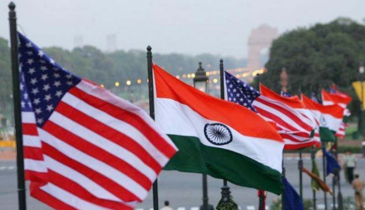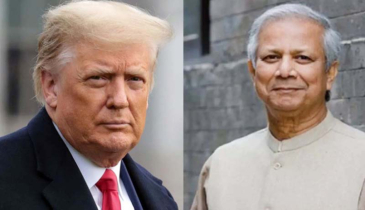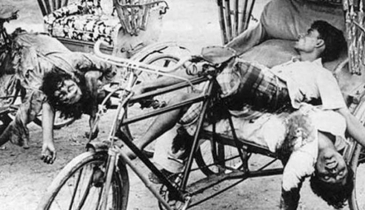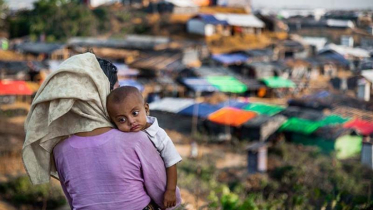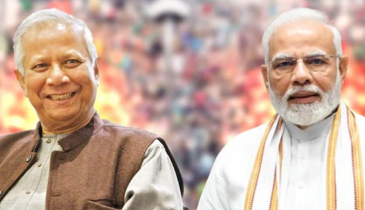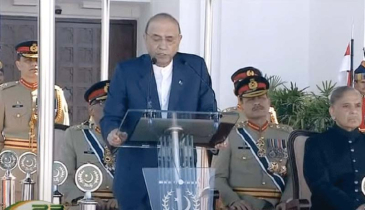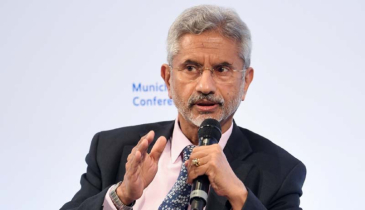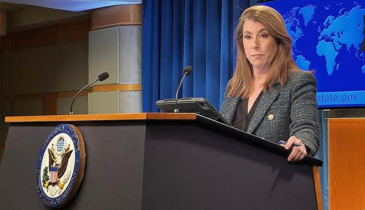Bangladesh-India ties should not be tied to political regimes: Touhid
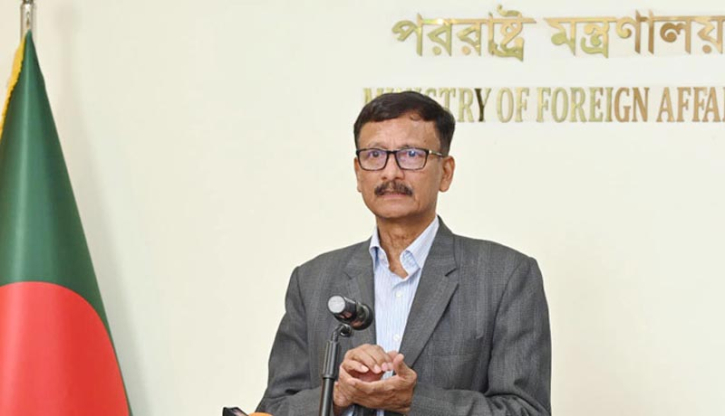
Bangladesh's Foreign Affairs Adviser Touhid Hossain has emphasized that ties between India and Bangladesh should not be dictated by specific political regimes. Instead, both nations should prioritize their shared interests over historical patterns of engagement.
Acknowledging initial tensions following the abrupt conclusion of Sheikh Hasina's tenure, Hossain noted that relations have improved significantly in the past six months under the interim government, particularly in trade. While there were temporary disruptions, trade activities have now resumed, demonstrating a strong commitment from the private sector to maintain cooperation.
In an interview with The Hindu following discussions with Indian External Affairs Minister S. Jaishankar at the 8th Indian Ocean Conference in Muscat, Hossain addressed key challenges affecting bilateral relations. The interim government, led by Chief Adviser Muhammad Yunus, is working to strengthen ties while addressing concerns over Sheikh Hasina’s extradition, violence against minorities, border security issues, and the Adani power project.
Commenting on recent unrest, including the vandalism of Sheikh Mujibur Rahman’s residence—allegedly provoked by Hasina’s speeches—Hossain stated, 'A mob may act impulsively, but the government does not support such actions.' He stressed that these incidents were isolated and not reflective of state policy.
Regarding India’s concerns over minority rights in Bangladesh, Hossain assured that Hindu and other minority communities are protected under the law. He dismissed exaggerated claims in Indian media, citing a recent UN report commissioned by Bangladesh’s interim government. The report found that the administration has implemented sufficient measures to safeguard minority groups, contradicting allegations of widespread persecution.
On border security, Hossain criticized the use of lethal force against individuals crossing the border illegally, calling it an outdated and unjustifiable practice. He highlighted that 24 people had lost their lives at the Bangladesh-India border in 2024 alone, drawing condemnation from human rights organizations. Instead of resorting to violence, he urged authorities to apprehend and prosecute offenders through legal channels.
Although no formal meeting has yet taken place between Indian Prime Minister Narendra Modi and Chief Adviser Muhammad Yunus, Hossain expressed optimism that the two leaders could engage in discussions at the upcoming BIMSTEC Summit in April.
.png)


